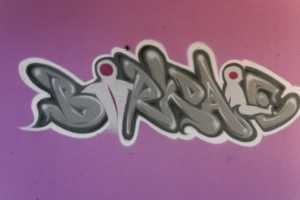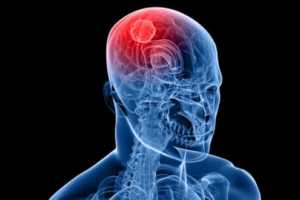Proprioception is our awareness of our body position (e.g. where our body parts are in space) in the absence of vision (without looking!) This awareness can be conscious or unconscious. Proprioception is made up of two main parts – joint position sense (the position of our joints when our limbs are still), joint motion sense or kinaesthesia (when our limbs are moving). Our vestibular (balance) system also plays an important role as it tells us about our posture and head rotation. Proprioception is an internal perception because it is how we perceive our body and not our external environment.
Some people experience reduced proprioception after a neurological event like a stroke or brain injury. This can affect the way that you move. For example, if you have reduced proprioception in your left leg and foot (i.e. if you cannot feel where your left leg or foot is in space) then you may struggle to adjust your movements to changes in your environment. As a consequence of this, you may develop compensatory movements (like taking very small strides) as this feels safer when walking.
At Birkdale we thoroughly assess sensation during an initial assessment appointment and this allows our neurophysiotherapists to spot proprioceptive deficits. They then go on to recommend exercises which work on improving an individual’s proprioception (through paying attention to the ‘feeling’ of movements) using a variety of techniques (from sensory stimulation during movement to resistance exercises).



